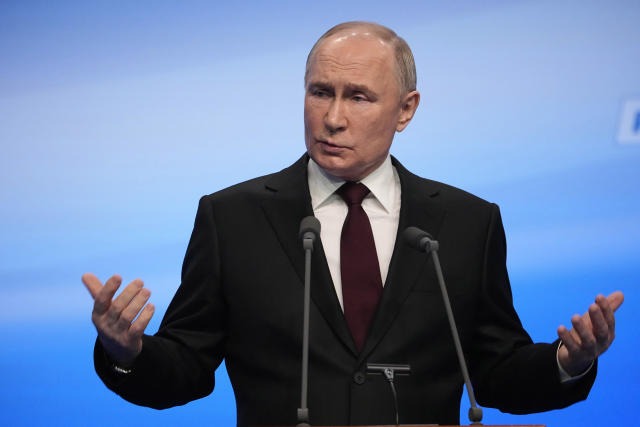The recent Russian presidential election, which saw Vladimir Putin secure a significant victory, has sparked discussions on the political landscape in Russia. Putin’s electoral success, marked by a substantial increase in support compared to previous years, reflects a complex political environment intertwined with historical echoes of Soviet leadership under figures like Stalin.
The electoral process, set against the backdrop of the ongoing conflict in Ukraine, raises questions about the narrative surrounding the current military actions and its historical parallels. The authoritarian tendencies observed in Putin’s leadership, draw comparisons to Stalin’s era of paranoia and political purges.
Furthermore, the piece highlights the contrasting figures in Russian political history, such as Boris Yeltsin, whose tenure marked a pivotal moment in the transition from the Soviet Union to a new era of governance. The challenges faced by Russia in its journey towards democracy, juxtapose moments of relative openness with periods of political repression.
In discussing the implications of Navalny’s imprisonment and the limitations on political opposition in Russia, the article underscores the complexities of power dynamics within the country. It reflects on the potential paths not taken in Russian history, speculating on alternative outcomes that could have shaped the nation differently.
The narrative weaves together themes of political power, historical legacies, and the nuances of Russian democracy, offering a nuanced perspective on the country’s political evolution. By exploring the parallels between past and present leadership styles, the article invites readers to reflect on the broader implications of authoritarianism and political continuity in Russia.


